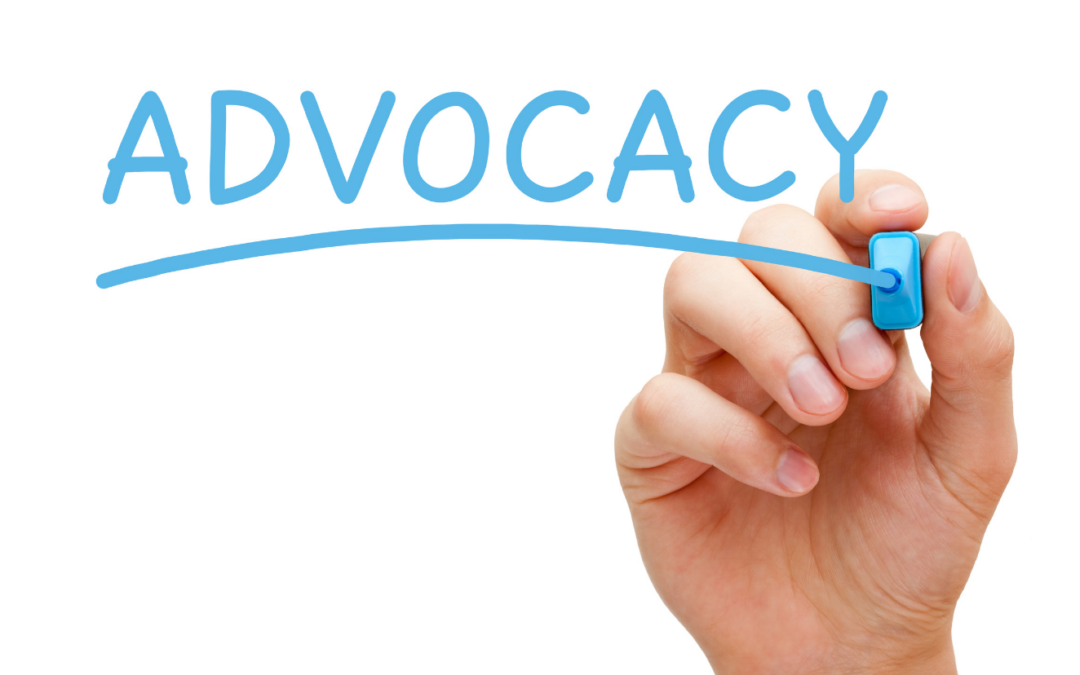In late January 2023, DANA and AFDO collaborated on a brief Pre-Budget Submission calling for continuity of advocacy funding (including systemic advocacy and representation) as the Disability Royal Commission comes to an end, and we await recommendations and the responses of government.
Insufficient, fragmented and insecure resourcing continues to severely compromise the provision of effective disability advocacy across Australia. There are major gaps, deficiencies and systemic issues preventing many people with disability from accessing the advocacy support they need.
These matters are explained further in DANA’s Submission to the Royal Commission into Violence, Abuse, Neglect and Exploitation of People with Disability (the Disability Royal Commission).
The economic and other benefits of disability advocacy far exceed the costs. Advocacy facilitates more efficient communities and government, often playing a constructive or a preventative role. Advocates support individuals with disability (and their family and supporters) in a range of ways:
- to be aware of and assert their rights;
- to facilitate their access to services and supports that enhance their capacity to participate fully in society across multiple domains of life; and
- through intervening in situations before they progress to crisis or further harm.
Individual advocacy can also inform priorities for systemic advocacy, on issues arising for people with disability as a whole. Systemic advocacy and representation assists and informs governments, agencies, service providers and communities in understanding the views of people with disability and their families through their representative organisations on current or potential impacts of services, systems, legislation, or proposed initiatives.
Improved resourcing for all models of independent disability advocacy aligns with Australia’s human rights obligations. The United Nations Committee on the Rights of Persons with Disabilities has called for Australia to ensure:
- “that persons with disabilities are able to access continuous, sustainable and adequately resourced individual and independent advocacy programmes”;
- “the full and effective participation of persons with disabilities, through their representative organisations, as a measure to achieve their inclusion in society and combat discrimination against them”.
This submission acknowledges that significant work needs to be undertaken, in close collaboration with the advocacy sector, to accurately evidence, measure and address the unmet demand and need for independent disability advocacy. In the meantime, DANA has called for an immediate injection of additional funds to address this existing crisis in demand (see Recommendation 1a) and AFDO supports this recommendation.
We are hopeful that the final report from the Royal Commission into Violence, Abuse, Neglect and Exploitation of People with Disability (due September 2023) will include strong recommendations in relation to independent disability advocacy and representation.
We also hope governments will respond positively to these recommendations by supporting their effective implementation. Our organisations are concerned that before this can happen, however, the disability advocacy sector will be placed under greater strain and crisis in meeting the needs of people with disability.
Royal Commission funding for individual advocacy support and systemic advocacy and representation will cease in June 2023. This will result in many skilled professionals who are ideally positioned to provide advocacy support to people with disability who have experienced violence, abuse, neglect and/or exploitation leaving their positions.
Without any interim funding, valuable expertise, skills and experience will be lost from the advocacy sector, disability representative organisations and also from the services funded to provide counselling and legal supports.
Irrespective of whether a formal redress scheme is established from the Disability Royal Commission, advocacy organisations will continue to play an important role in assisting people with disability to navigate the processes for seeking remedies or compensation for the discrimination and harms they have experienced.
Furthermore, after the final report from the Royal Commission has been published, people with disability, advocates and organisations will continue to be a crucial force in pushing for and guiding the implementation of its recommendations.
We understand that the Federal Government will wish to wait for the final report and recommendations of the Disability Royal Commission to inform longer-term policy and funding decisions about improving access to independent disability advocacy, including support of systemic advocacy. We assert, however, that there is a risk that people with disability will be further disadvantaged during that intervening period.
We submit that, while the Federal Government gives proper consideration to these matters, the Disability Royal Commission support services funding be extended for individual and systemic advocacy organisations, so that sector capacity and expertise is able to provide continuity during the 2023-24 year and beyond.

